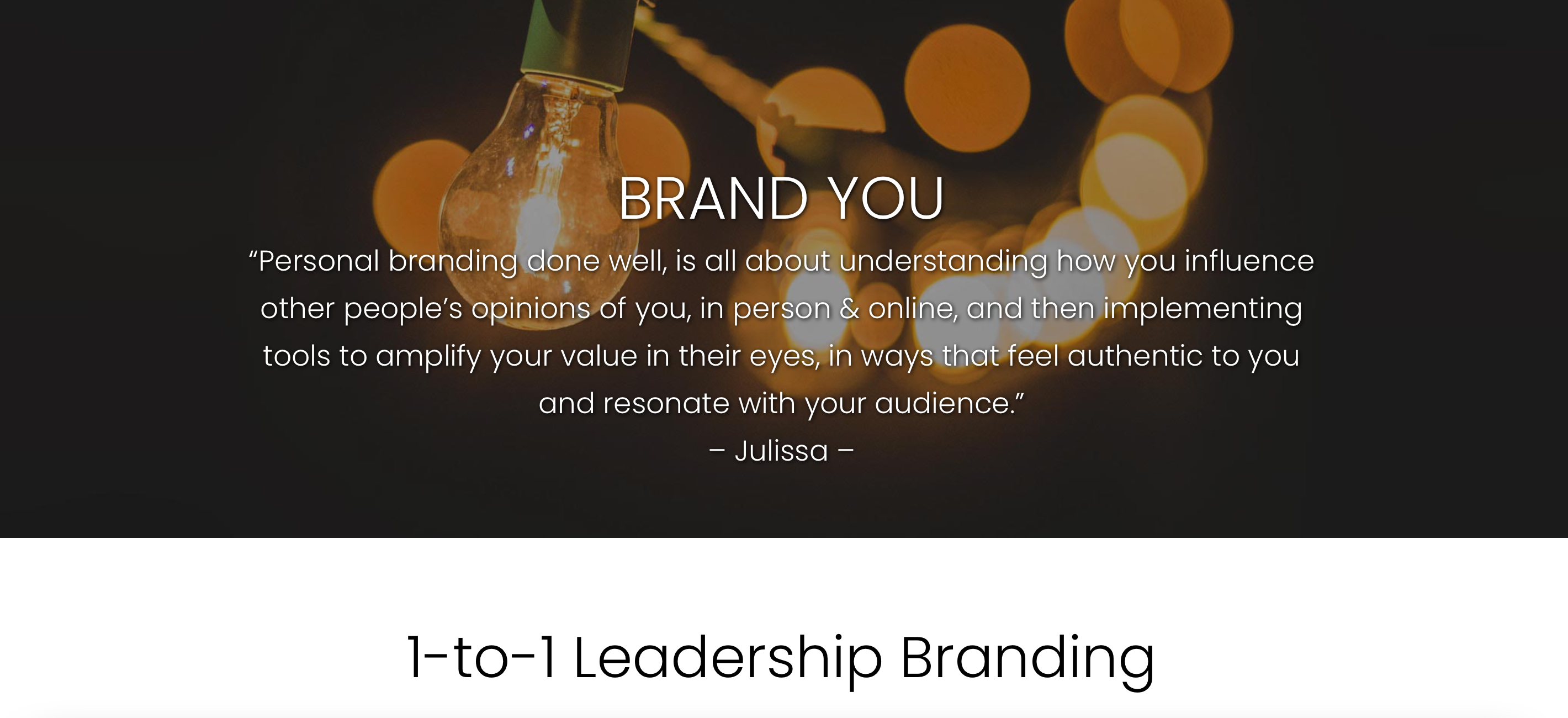3 Essential Questions to ask Before using Speaking to build your Professional Brand
Everyone seems to be using speaking as a tool to build a personal brand and grow their business or career… so you’ve decided to do it too. There are opportunities to speak all around you, and you’ve seen colleagues and contacts jump on this train… so you need to get on and do it too, right?
WAIT! It’s great that you want to go for this challenge, but check where you’re at against these 3 essential questions, before you grab the mic.
FIRST: Is your ability and experience level as a speaker going to help or hinder your brand?
Sure, you might be an expert on your subject, but that doesn’t guarantee your audience will be impressed! Unfortunately, a great many professional people have not learned good presenting skills or had sufficient experience to rid themselves of nerves, before they jump on a stage. This can have detrimental effects in building trust in your ability to deliver in other areas – even if that is unfair.
Work up to levels of difficulty in presenting, by getting really good at delivering short sessions for small groups – perhaps ‘roundtable conversation-style’ – before moving to larger audiences. Take time to learn the differences in what is required to run a boardroom presentation, versus facilitate a workshop, versus deliver a keynote on a stage… and get lots of practice and feedback before you move from one challenge to the next.
SECOND: Are you absolutely clear on why you are doing this?
Are you doing this solely as a visibility exercise, or do you expect to get paid for your speaking services? You might happily start off speaking for free to gain runs on the board, but once you hear that others like you are getting paid, you might feel you too are entitled to compensation.
Professional speakers and workshop facilitators get paid well to deliver presentations. But it’s their profession. They are delivering much more than their appearance on a stage. That’s why they should get paid.
If you are not a professional speaker, expecting to be paid a speaker’s fee may reduce your opportunities to speak, or worse, may end up damaging your brand when your fee doesn’t match the expected delivery.
There are instances where you may be paid to share your expertise, despite not being a professional speaker, and that’s great. But be clear on why you are speaking in the first place. If it’s not to make a living out of speaking, then consider there may be other important value points for you (and if not, you don’t have to take the offered opportunity).
A more sensible reason to speak as a professional in another area (such as law, accounting or finance) is to increase your brand presence or stay top of mind with your networks. If this is the case, be strategic about the audiences you get in front of (are they your decision-makers?) and the topics you offer to speak on (do they build trust quickly with your decision-makers, by providing huge value?).
THIRD – How will you leverage the considerable time you will take preparing for even one presentation?
You are kidding yourself if you think you will achieve anything by crafting one presentation and then rinse-and-repeating it with every audience you encounter. If you want to have any impact at all (including gaining new clients from your speaking), you will need to consider each audience and tailor each presentation to their specific needs. You will also need to review your material regularly to ensure it stays fresh, up-to-date, socially appropriate, and that it remains inspiring for you to deliver (if you’re bored, so will others be). You will also make sure you reflect on past presentations and constantly strive to make the next one better than the last, if you are worth listening to.
Considering how much work you will need to put into your speaking, how do you plan to leverage this effort in order to make it worthwhile? If you are trying to reach a wide audience, speaking at a stand-alone, in-person event won’t cut it. Have you considered webinars or online conferences that reach far more people and are often recorded for even wider audiences to access? Have you asked whether the speaking gig also comes with the opportunity to reinforce your content through an online article, a podcast, or LinkedIn posts via the association or group you are speaking for? It’s not just the time you spend on stage or on-screen… what are you doing before and after the presentation to build visibility and interest in your work?
As you can see, speaking is not just speaking.
So before you jump on that stage, please consider this heart-felt message from a long-time, passionate speaker: Speaking to an audience, holding their time and attention, is a privilege. Those who take it for granted by not realising the responsibility of this role, tend not to last long in the game. If you wish to use speaking as a way to build your professional brand, do yourself and your audience justice by getting it right!
If you’ve now decided that speaking is not for you, remember that it’s just one tool in the toolkit to build your brand. Sharing a casual conversation over an audio-only podcast may appeal to you, or creating short, scripted videos you can share on Youtube and other social sites might fit your brand. Perhaps writing for professional journals, or being available for media commentary, make more sense for you. Or engaging with your networks on LinkedIn, or purely by attending networking events to mix and mingle… the possibilities are endless, and it’s important to hone in on the few you can really shine in, that fit with your brand goals.

